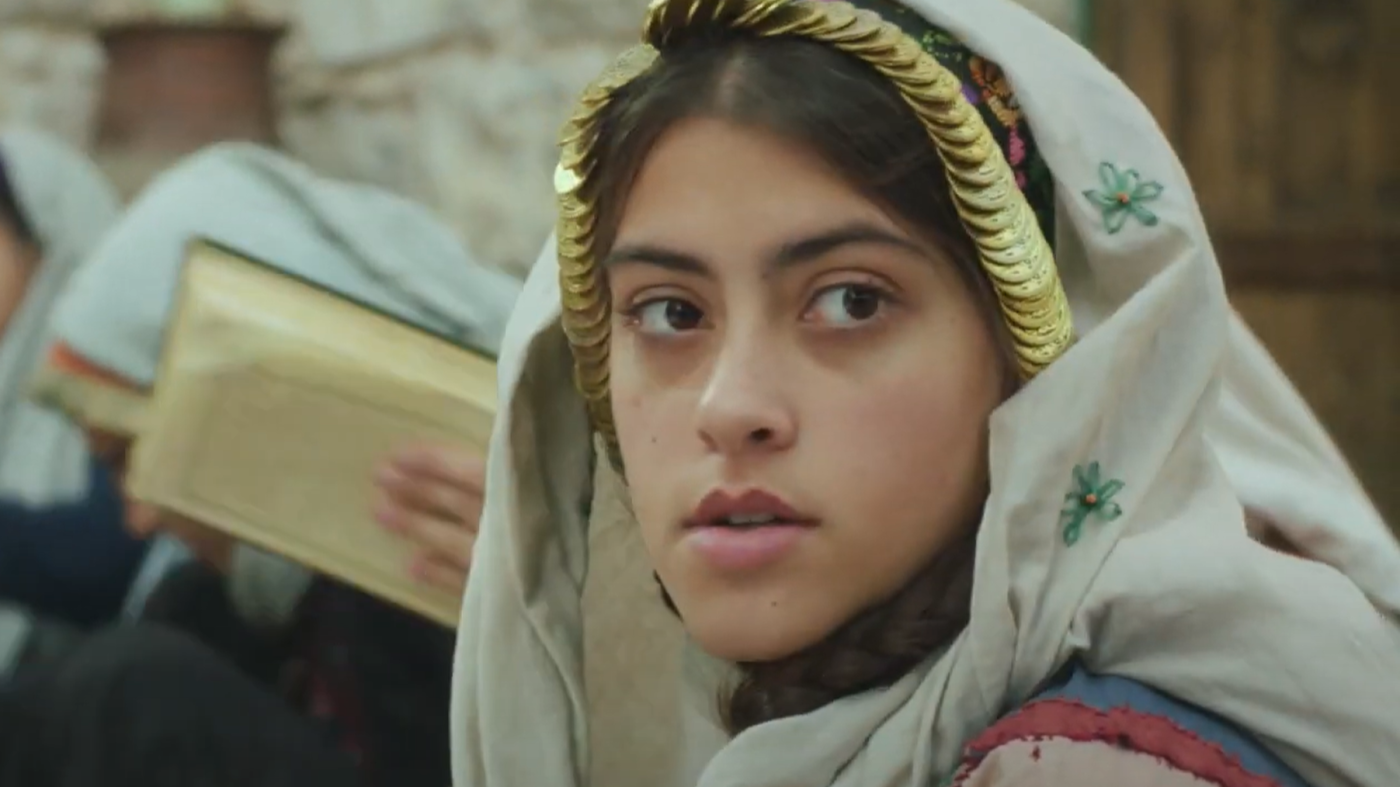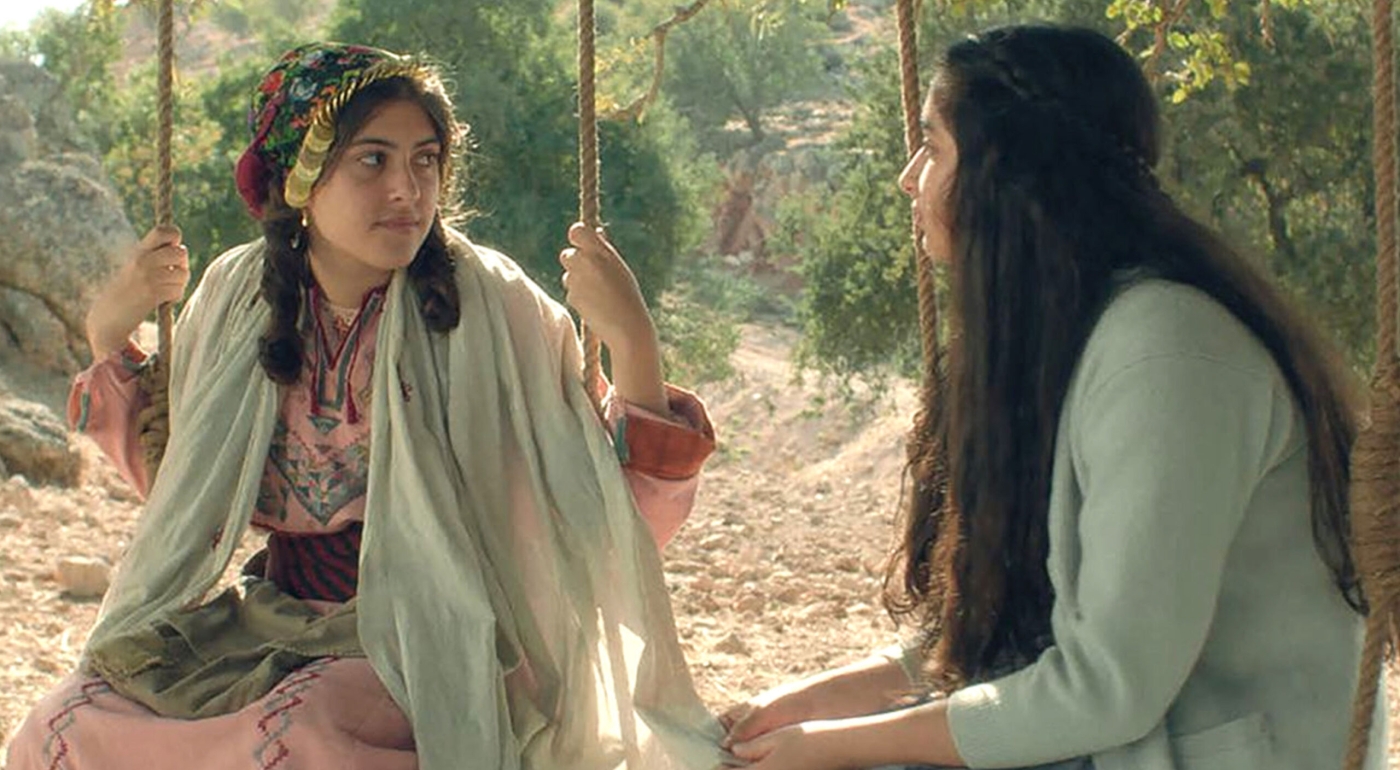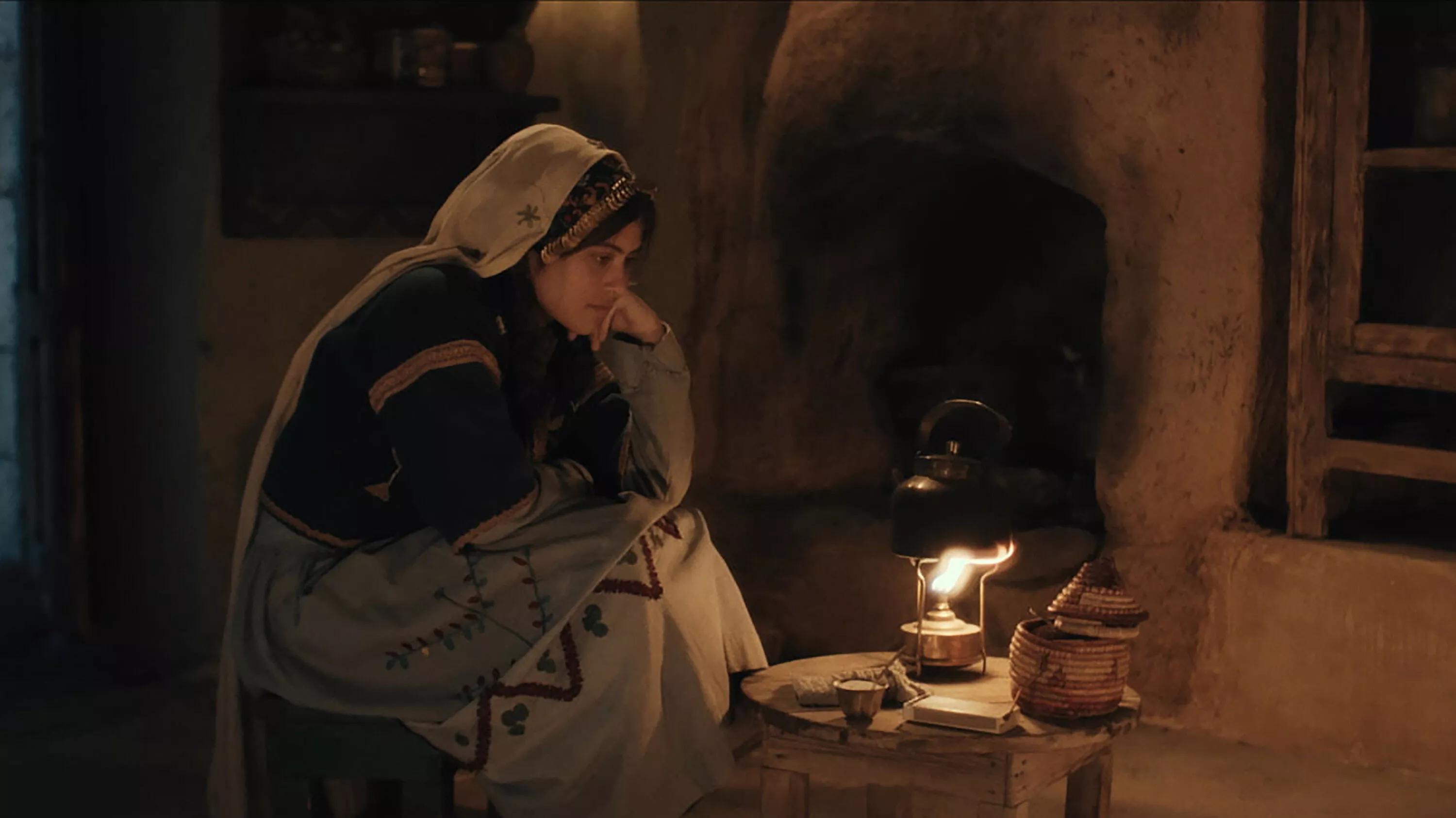'Farha' review: A harrowing tale that puts both your heart and mind to test
Darin J Sallam's offering tells a hard-hitting tale of the 1948 Palestinian catastrophe
KARACHI:Several accounts of Nakba, the 1948 Palestinian Catastrophe, are available to understand the profound effect it has had on the war-torn region. The horrifying details of loss and pain are gut-wrenching, yet imperative, to contextualise the ongoing atrocities of Israeli forces against Palestine.
While the filtered accounts of the Israeli occupation of Palestine have been reported since Nakba, the Free Palestine movement gained momentum over the last several years due to the impeccable power of social media. Even with the relentless call for attention, the voices raised to highlight the Israeli monstrosity have often come under the fascist radar.
Be it Palestinian activists who are barred from speaking at the world forums or a Netflix offering making waves with its simple yet intense telling of the Nakba; Israel has taken every possible step to halt the Palestinian narrative from being presented to the world.
Farha, the award-winning Jordanian film by Darin J Sallam, is the latest outing to have been called out by the Israeli government. Farha, which translates to joy, brings nothing similar to its title but haunting memories and a carefully-knitted true story from the 1948 forced occupation of Palestine. Karam Taher essays the titular role in the coming-of-age script alongside Ashraf Barhom playing her father, Abu Farha.
Farha is a simple story of a 14-year-old girl hailing from a small Palestinian village, hoping to break free from the shackles of social and gender norms of being married off. Farha, unlike many other girls her age, hopes to join her close friend Fareeda (Tala Gammoh) in an upscale town where she could continue her education and ultimately take up a job as a local teacher.
After facing some resistance, Farha's father finally agrees to let her follow her dreams. However, the said dreams soon turn into a nightmare as the Israeli soldiers march in and the turmoil begins. Farha's father, in a bid to protect her, tries sending her off with Fareeda's family to the town. When Farha refuses, he locks her up in their house's pantry, vowing to return to her.
Days go by and Farha still waits for her father to rescue her; however, to no avail. The scenes shot inside the small room are daunting. With a limited supply of food and water, Farha lives off of scraps in her days filled with solitude.

One day, from the crack of her pantry door, she finally spots a family of four entering her house. The family comprises of a husband, his pregnant wife, who's in labour, and two young daughters. Farha then sees the woman give birth to a son, whom they name Abdullah. After the family heads inside the house, Farha finally manages to get the attention of the man, now called Abu Abdullah. He promises to free her once his family has settled. Farha finally sees a glimmer of hope.
But when soldiers of Israel Defence Forces walk in and find Abu Abdullah in the house, the very glimmer of hope soon vanishes. Upon inquiring, the man tells the soldiers that he was alone and in search of water when he stumbled upon this house. However, the Israeli commander's peers eventually find the hiding family. From the very crack of the door where Abu Abdullah vowed to free her, she witnesses his whole family being executed. Farha, visibly shaken by the sheer barbarianism, loses the once-found wish of making it out alive.
The aforementioned ten-minute scene holds incredible significance. Farha's first brush with death speaks volumes about the ordeal of many families and Taher manages to depict the tragedy articulately. Sallam's film gives a jarring yet focused insight, into the much larger devastation.
A real depiction

Sallam's solid offering peeps into the hard-hitting violation of a once peaceful region - the unprovoked eviction by Israel Defence Forces. The film has been lauded by critics, all around the world, for its uncomplicated storytelling, and rightly so. Sallam's brilliance is her simplicity. Instead of portraying the massive scale of Nakba, she focuses on the tale of a teenager. The same depiction tells the much-needed story of how several lives were uprooted during the catastrophe.
Sallam's work needs to be commended for giving a much-needed insight into Israel's brutality without exhibiting a terrifying reminiscence of Nakba. But don’t just get lured in by raving reviews, the film is a challenging watch; it’s as much a test of your heart as it is of your mind – you’ll eventually end up landing at a lot more place than just the right side of history.
Farha's greatest achievement is that it succeeds in telling the story of an entire nation with a singular tale; a loss too big, a grief too overpowering. Once the turmoil dies down and Farha finally frees herself from the pantry - she's no longer the naive teenager; she's a changed individual. Farha, who once felt guarded and protected under the comfort of her own roof, is now on her own to face the world.
While the film ends up becoming a great source of catharsis for some and a reality check for others, we must not forget that these are not easy stories to tell. As the great Palestinian poet Mahmoud Darwesh once said, “To be under occupation, to be under siege, is not a good inspiration for poetry.”
Verdict: Sallam's offering tells a hard-hitting tale of the 1948 Palestinian catastrophe which holds true to today's events in the country.
4/5 stars.


COMMENTS
Comments are moderated and generally will be posted if they are on-topic and not abusive.
For more information, please see our Comments FAQ